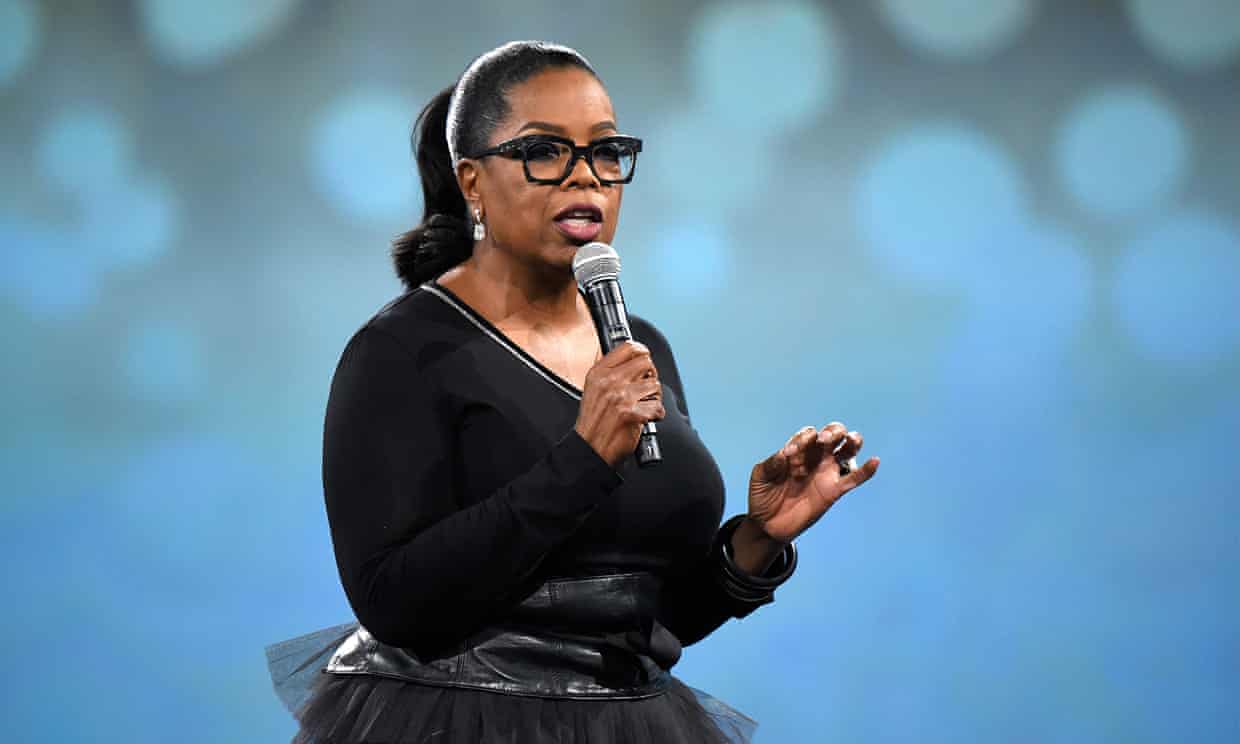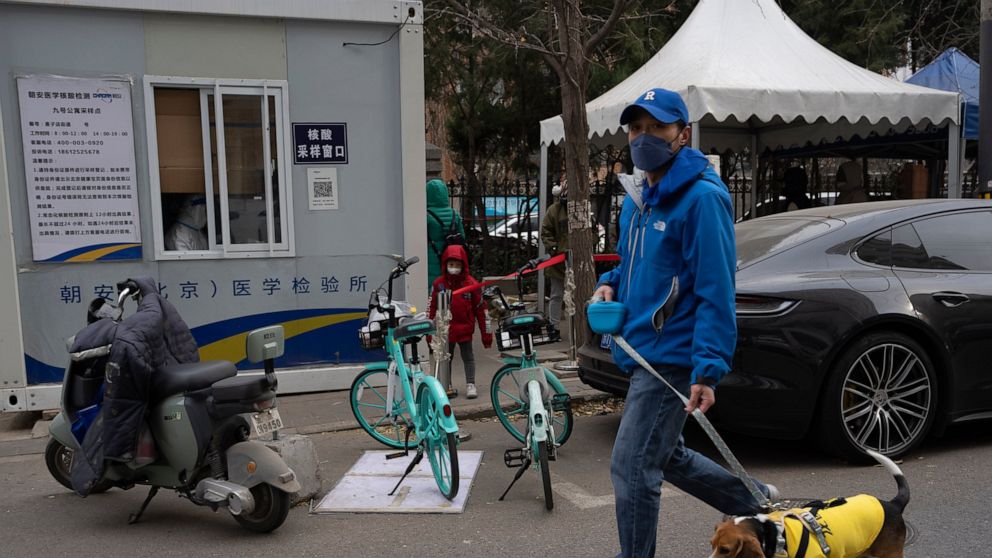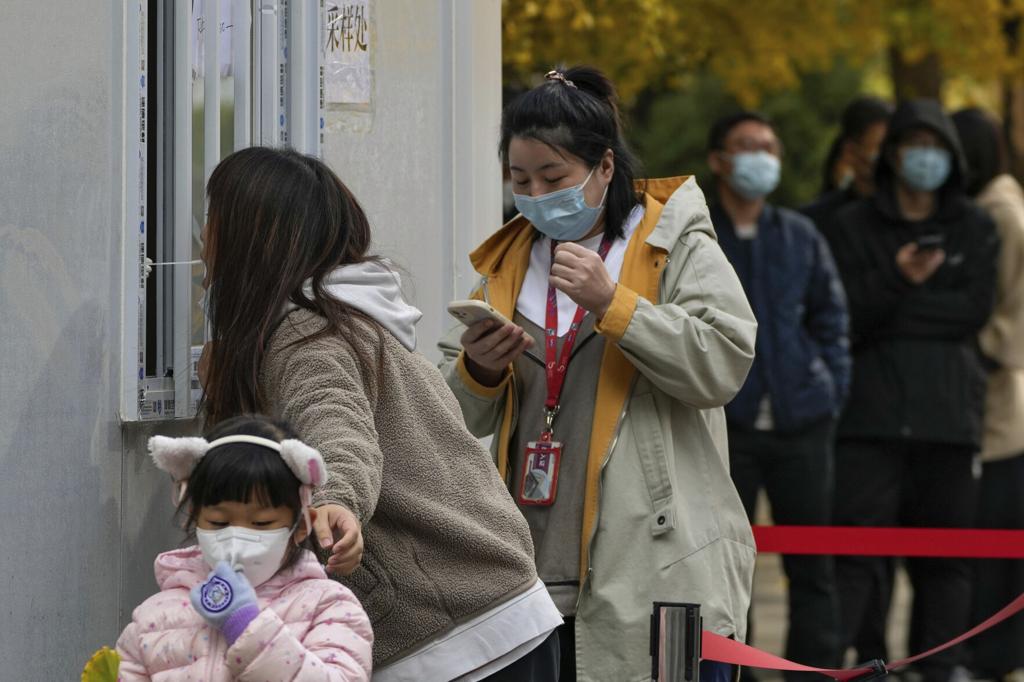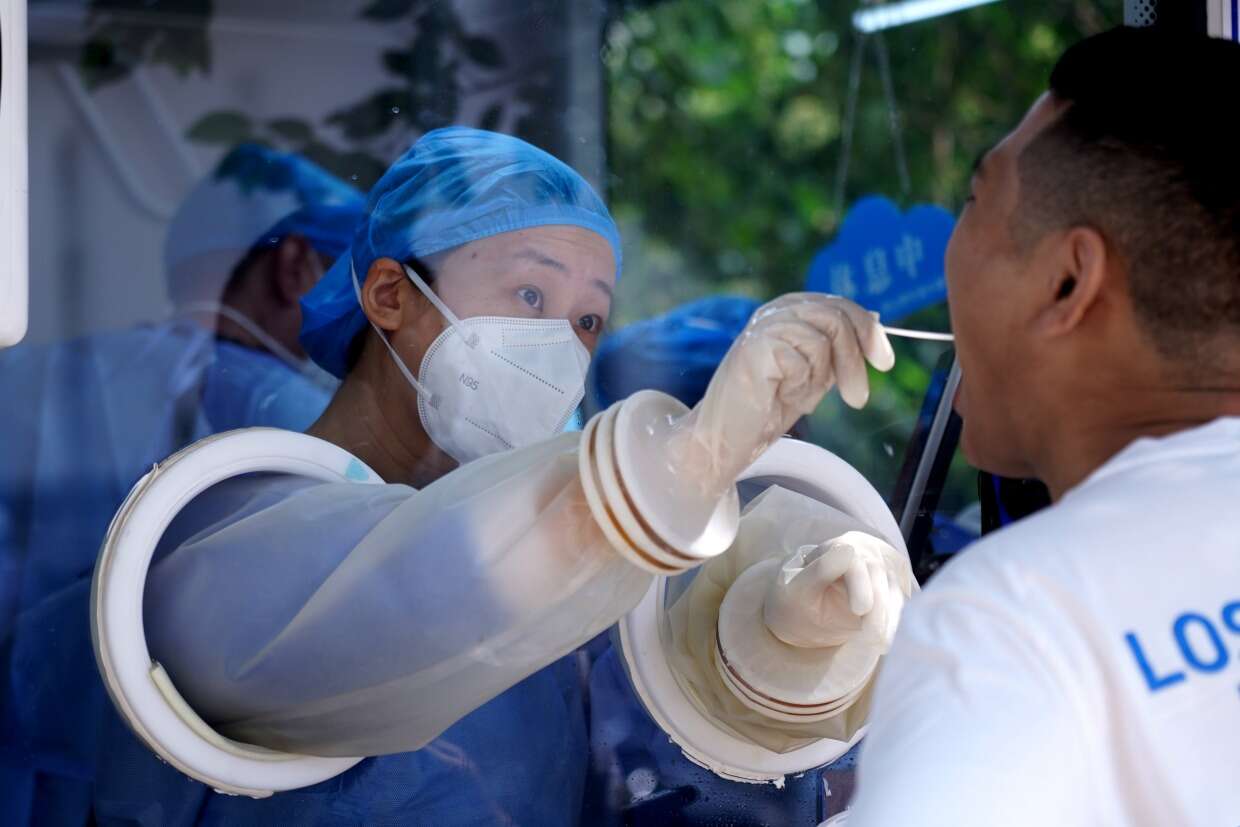
Oprah Winfrey as of late discussed the entirety of the individuals who are battling a direct result of the COVID-19 emergency, and she trusts it’s essential for those of intend to help, beginning with the individuals who are nearest to places she has once called home.
On Wednesday, May 20, the Oprah Winfrey Charitable Foundation reported a $12 million COVID-19 relief fund to be offered out to underserved territories in Nashville; Milwaukee; Oprah Winfrey origination of Kosciusko, Mississippi; Baltimore; and Chicago, all places that the billionaire has once called home.
At Chicago, where Oprah Winfrey got to become a superstar through “The Oprah Winfrey Show,” she’ll give $5 million to Live Health Chicago, an association that helps seniors and high-hazard bunches affected by COVID-19, which was once home to her. Oprah Winfrey lived in Milwaukee for a period with her mom Vernita Lee during her childhood. So associations Saint An and The Nia Imani Family, Inc, which center around helping the Black people group, got $100,000 to help give emotional wellness care and lodging.
See – Oprah Winfrey’s Biography, Net Worth & Investments
She’s likewise giving $2 million to NashvilleNurtures, an establishment that collaborated with Winfrey’s institute of matriculation Tennessee State University and Mount Zion Baptist Church to help with their crucial taking care of 10,000 families. Winfrey once lived in Tennessee with her dad Vernon Winfrey and was the principal Black lady reporter on Nashville’s WTVF-TV.
Other people who will get some portion of the $12 million reserves incorporate The Boys and Girls Clubs of East Mississippi, which propelled a drive-through food giveaway, and the Center for Urban Families and Living Classrooms Foundation in Baltimore. Winfrey lived in Baltimore when she was an anchorperson on WJZ-TV.
In her statement, The Associated Press, “There is going to be a need for people of means to step up. I mean, this thing is not going away. Even when the virus is gone, the devastation left by people not being able to work for months who were holding on paycheck to paycheck, who have used up their savings — people are going to be in need.” She went on to add, “So my thing is, look in your own neighborhood, in your own backyard to see how you can serve and where your service is most essential.”




